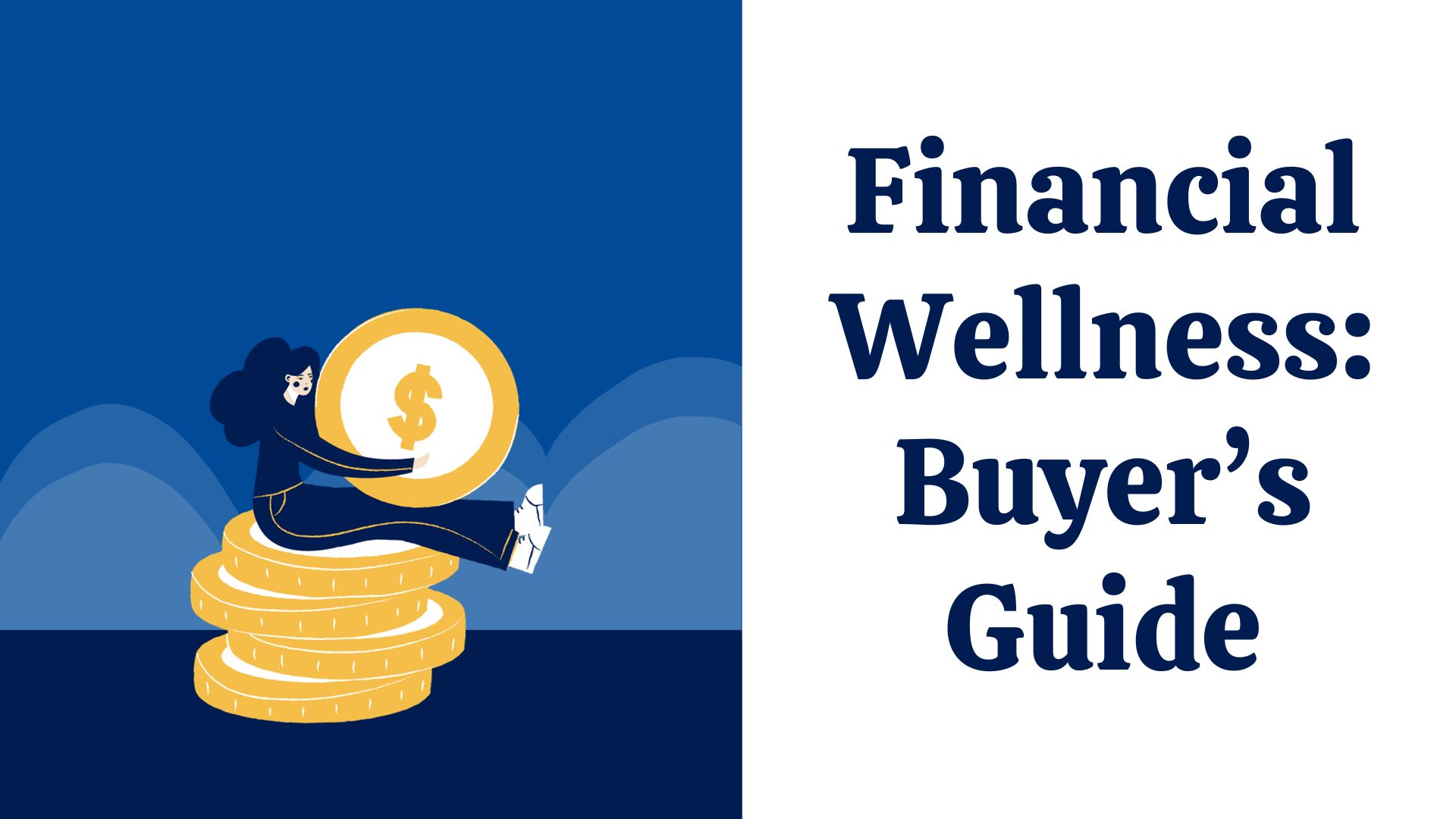Achieving financial wellness is essential for living a stress-free and fulfilling life. Financial wellness isn’t just about having enough money; it’s about managing your finances in a way that supports your overall well-being. This ultimate guide will walk you through the key steps to achieving financial wellness, optimized for SEO readability with relevant keywords.
1. Understanding Financial Wellness
Financial wellness refers to the state of being in control of your financial situation and having the ability to manage day-to-day expenses, plan for future financial needs, and handle unexpected financial emergencies. It involves a balance between saving, spending, and investing to ensure long-term financial stability and peace of mind.
2. Create a Comprehensive Budget
Creating a budget is the foundation of financial wellness. A well-structured budget helps you track your income, expenses, and savings goals. Start by listing all your sources of income and categorizing your expenses, such as housing, utilities, groceries, and entertainment. Allocate a portion of your income to savings and investments to build a financial cushion for the future.
3. Build an Emergency Fund
An emergency fund is a crucial component of financial wellness. This fund should cover at least three to six months’ worth of living expenses and be easily accessible in case of unexpected financial emergencies, such as medical expenses or job loss. Building an emergency fund provides financial security and reduces the need to rely on credit in times of crisis.
4. Manage Debt Effectively
Managing debt is essential for maintaining financial wellness. Prioritize paying off high-interest debts first, such as credit card debt, and consider consolidating debts to reduce interest rates and simplify payments. Avoid taking on new debt unless absolutely necessary, and focus on living within your means to prevent debt from becoming a burden.
5. Invest for the Future
Investing is a key strategy for achieving long-term financial wellness. Consider various investment options, such as stocks, bonds, mutual funds, and real estate, to grow your wealth over time. Start by contributing to retirement accounts, such as a 401(k) or IRA, and explore other investment opportunities that align with your financial goals and risk tolerance.
6. Plan for Retirement
Planning for retirement is an important aspect of financial wellness. Begin by estimating your retirement needs based on your desired lifestyle and expected expenses. Contribute regularly to retirement accounts and take advantage of employer-sponsored plans that offer matching contributions. The earlier you start planning for retirement, the more time your investments have to grow.
7. Protect Your Assets
Protecting your assets is essential for safeguarding your financial wellness. Consider purchasing insurance policies, such as health, life, auto, and home insurance, to protect against potential financial losses. Estate planning, including creating a will and setting up trusts, is also important to ensure your assets are distributed according to your wishes.
8. Improve Financial Literacy
Improving your financial literacy is key to achieving and maintaining financial wellness. Educate yourself on personal finance topics, such as budgeting, investing, and debt management. There are numerous online resources, books, and courses available to help you enhance your financial knowledge and make informed decisions about your money.
9. Monitor Your Financial Progress
Regularly monitoring your financial progress is crucial for staying on track with your financial wellness goals. Review your budget, savings, and investment performance on a monthly or quarterly basis. Adjust your financial plan as needed to accommodate changes in your income, expenses, or financial goals.
10. Seek Professional Financial Advice
If you’re unsure about how to achieve financial wellness or need help with complex financial decisions, consider seeking advice from a professional financial advisor. A financial advisor can provide personalized guidance on budgeting, investing, retirement planning, and other aspects of financial wellness to help you reach your goals.
Conclusion
Achieving financial wellness is a journey that requires careful planning, disciplined financial habits, and ongoing education. By creating a budget, building an emergency fund, managing debt, investing for the future, and protecting your assets, you can achieve financial stability and peace of mind. Remember, financial wellness is not just about accumulating wealth but about making informed financial decisions that support your overall well-being.









